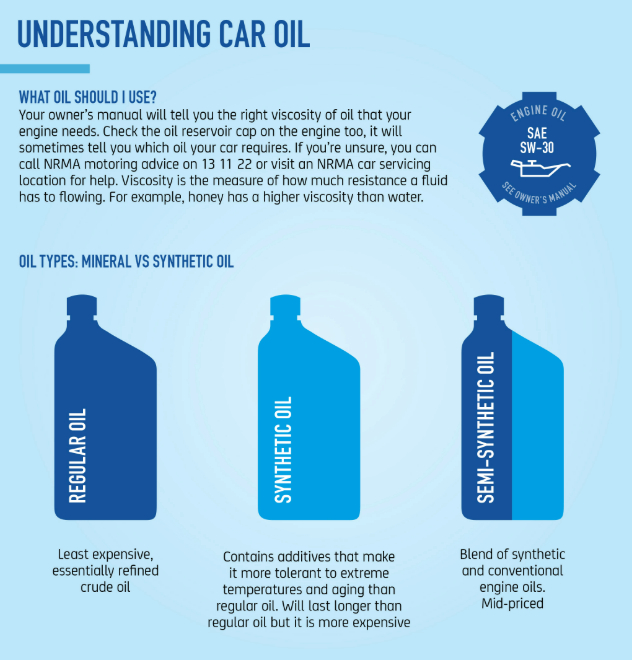
First of all, a distinction: there are actually three types of oil on the market rather than two.
Mineral-based oil is simply a heavily refined version of oil sourced from the ground, semi-synthetic oil is a similar substance but with artificial additives while purely synthetic is essentially man-made and designed oil.
They are also known respectively as conventional (regular), synthetic blended and synthetic respectively.

Synthetic oils were developed during World War II by German scientists for use on the Russian Front, where they maintained their fluidity in sub-zero temperatures, but were not widely used in cars until the 1970s.
Oil technology has evolved with engine development and in response to evolving internal design stresses such as minimized internal engine clearances, increased combustion pressures and increasing emissions requirements.
As such, modern vehicles generally require either type of synthetic oil, with the added expense of fully-synthetic oil recommended for more complex and powerful engines.
Mineral oils are still used by operators of classic and vintage cars, partly because the decreased viscosity (how thick or thin the oil is at a certain temperature) of synthetic oils increases the likelihood of leaks in older engines.
One thing mineral and synthetic oils have in common is shelf life: both can be sold for up to five years after being correctly packaged.
This is not to be confused with the service life of oil, which is from when it is added to an engine and is influenced by engine wear debris, water, mileage and time.
Your owner’s manual will tell you the right viscosity of oil that your engine needs. Check the oil reservoir cap on the engine too, it will sometimes tell you which oil your car requires. If you’re unsure, you can call NRMA Motoring Advice on 13 11 22.
Do you know what type of oil your vehicle takes?